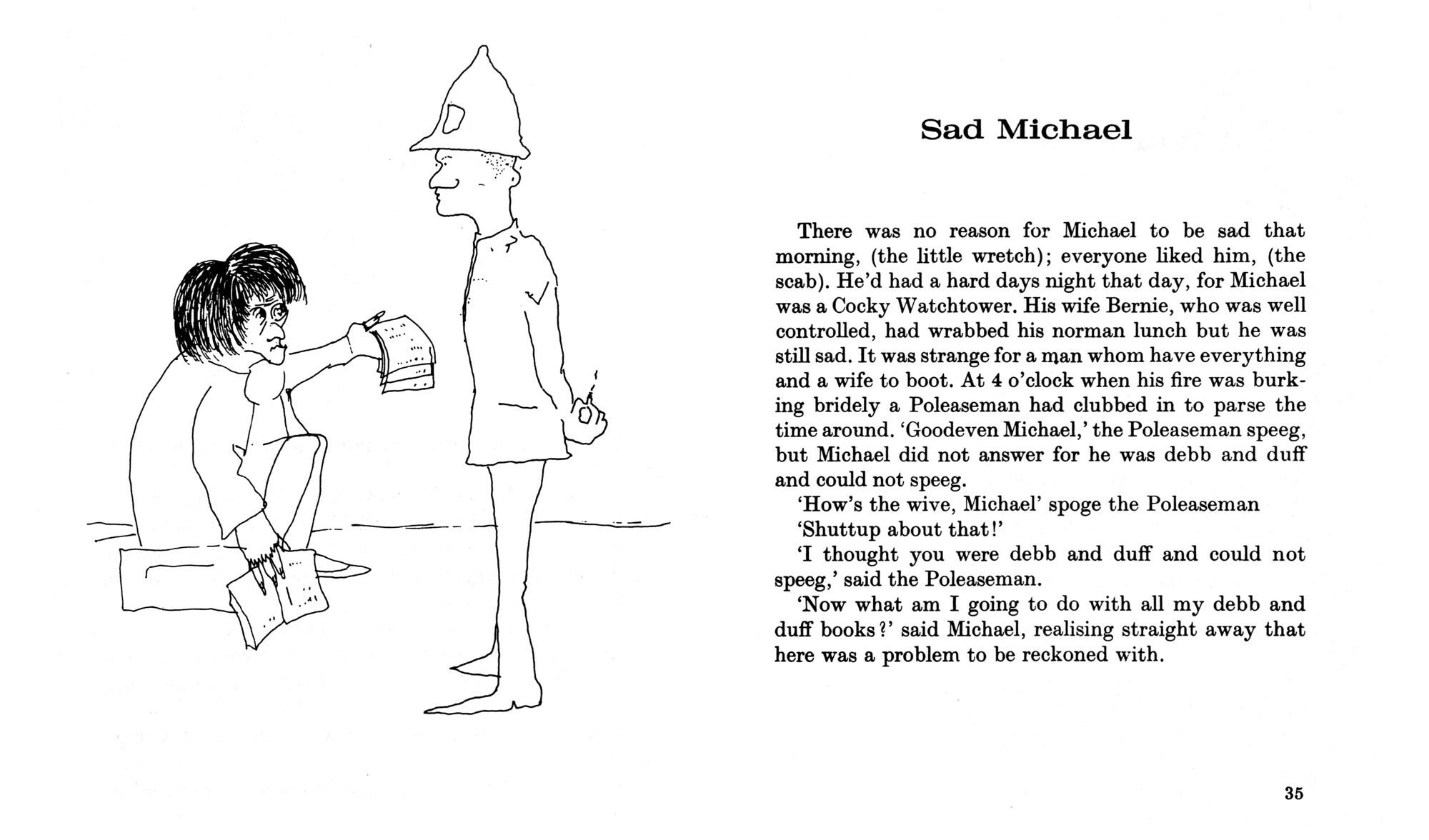A Hard Day’s Night
February 4, 2019 at 8:54 PM by Dr. Drang
A few weeks ago, I was on a podcast with the folks at The Incomparable, talking about two very different musicals: Gold Diggers of 1933 and A Hard Day’s Night. If you’re an Incomparable member, you had a chance to listen to the raw version right away; if not, the edited version was released for the rest of the world yesterday.
Because the focus of the podcast was on the movies, we didn’t spend as much time on the songs as we could have. That’s probably for the best with Gold Diggers,1 but left me wanting to say more about Hard Day’s Night, the title track in particular.
The story of how it got written is pretty well known. Filming of the movie was going well, the songs that John and Paul had written were of their usual high quality, but the movie didn’t have a title. John suggested A Hard Day’s Night to the producer, Walter Shenson, and both he and director Richard Lester loved it.
The phrase was not original with John. It was something he’d heard Ringo say after an all-night recording session, and he’d tucked it away in his wordplay-loving brain, waiting for a chance to use it. In fact, he had used it in the “Sad Michael” story in In His Own Write, published shortly before filming started.

The book is shown in the movie, and, famously, John isn’t in some of the cathartic “Can’t Buy Me Love” sequence (the sequence all of MTV was based on) because he was off promoting it. Lester covered this up by donning Beatle boots and filming with a hand-held camera from John’s point of view.
With the title of the movie chosen, Shenson wanted a new song to go with it, something to be played over the title sequence. John wrote it pretty much overnight, something that’s always presented as amazing, but it really isn’t. Music was simply pouring out both John and Paul during those early years.
To me, “A Hard Day’s Night” is just about the peak of this period of Beatle songs. The opening chord, and the mystery of exactly how they got it, has been the basis for hundreds of blog posts and YouTube videos, but I’ve always felt that what makes the song great is how well it uses the different strengths of John and Paul’s voices.
Paul’s part (chorus? middle eight? the Beatles were always playing around with structure) is so perfectly written for his voice that you’d think he wrote it himself, and yet I’ve never seen this listed as anything other than a fully John-written song. I guess it comes from the two of them living in each other’s pockets for the previous six years or so. Anyway, this part absolutely soars and is something John couldn’t have sung with anywhere near the same effect.
And it’s not just the notes, the words fit Paul’s persona, too. Unsurprising, I suppose, as some of them were a direct steal from the mostly Paul-written “Hold Me Tight,” recorded just four or five months earlier. But even the unstolen words—everything seems to be right—are just so Paul.
And John’s part is so John. His profession of love is not unalloyed as Paul’s is; it comes tinged with complaints. Working like a dog to get you money to buy you things. He takes advantage of the stringent, almost whiny quality he can get out of his voice to give the song an edge. I also love the way he uses “work” and “worth” to get an extra rhythm—an entirely verbal rhythm, no relationship to the beat of the song—in the second verse.
Where it all comes together is at the end of Paul’s second chorus. His voice rises up those eight bars to that intense tight… tight, yeah! ending, and on the yeah, John comes in underneath with that groaning cross between oh and uh, bringing the song back down to earth and kicking off a repeat of the first verse.
It’s just perfect.
-
Apart from “We’re in the Money,” which is a truly great song, especially the seldom-remembered lyrics that put it squarely in the Depression. ↩

